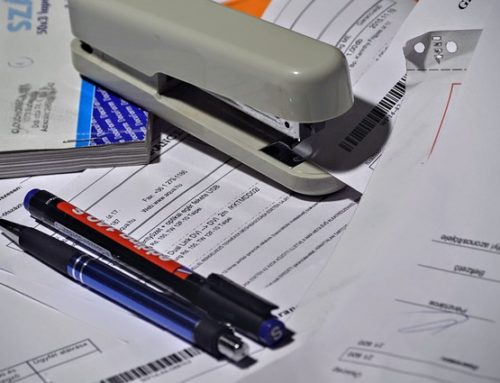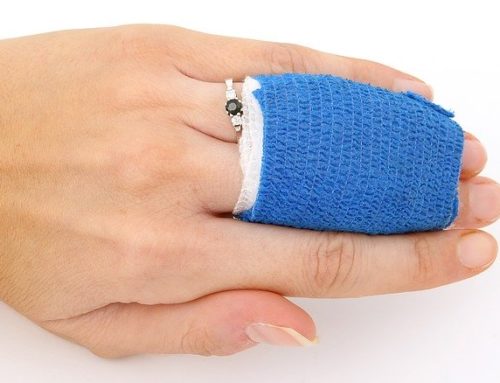Tennessee is one of 40 states that has enacted an “apology law.” These laws allow doctors to apologize to patients without having that apology used against them in a legal action.
And while on the surface this may be simple, few things involving the law ever are. It’s important to understand the potential effects of the law, and how it might impact you, before attempting to make use of its protections.
The Text of the Law
The Tennessee apology law, or Tennessee Rule of Evidence 409.1, has been in effect since 2003. The text of the law reads as follows:
“Statements, writings, or benevolent gestures expressing sympathy or a general sense of benevolence relating to the pain, suffering, or death of a person involved in an accident and made to such person or the family of such person shall be inadmissible as evidence of an admission of liability in civil action. A statement of fault that is part of, or in addition to, any of the above shall not be inadmissible under this rule.”
As you can see, the law leaves a major loophole in place. It is debatable whether any given set of words do or do not constitute a statement of fault. Entire motions could be written around whether such evidence is admissible, and it is all too possible for a statement that was not meant as an admission of liability could be admitted into evidence as one.
Do Apologies Work?
There is a great deal of controversy over whether apologies work. A recent research paper found that not only do apologies fail to prevent malpractice suits, but in 46% of cases tend to make them more likely.
This could be, in part, because patients get suspicious of the doctor’s motives. If you’re normally gruff and difficult suddenly switching on the empathy might backfire.
It could also be because the apologies being made just aren’t effective. Multiple studies have shown that ineffective apologies are often worse than no apologies at all. But while there have also been studies which dive into what may make for an effective apology, the truth is everybody is different, and every dynamic between individuals is different. What may be effective for one person may be utterly ineffective when dealing with another.
What to Do If You Want to Apologize
Some people want to apologize, not because they’re trying to dodge a lawsuit, but because they’re trying to do the right thing. If you do, keep these three things in mind.
- Don’t act out of character.
- Write out the apology so you can share it with your lawyer, looking for statements which may be construed as a statement of responsibility or admission of liability.
- Understand you apologize at your own risk.
That third point is one of the most important: because nobody can predict what courts and people will do until they do it. Your apology might stop the lawsuit in its tracks or escalate it until it becomes unwinnable. And if your lawyer advises you to remain silent? It’s best to listen, no matter what laws are on the books.
See also:
Why IMLCC Makes a License Defense Attorney an Absolute Necessity for TN Physicians
7 Things to Do If You’re Being Sued for Medical Malpractice
How Can a Nurse or Medical Staff Protect Against Fraud Charges?





